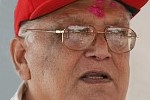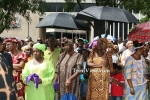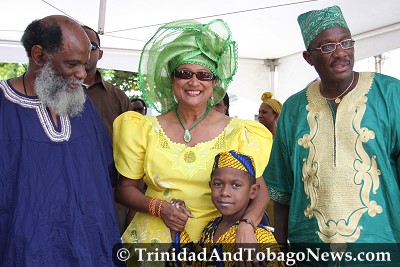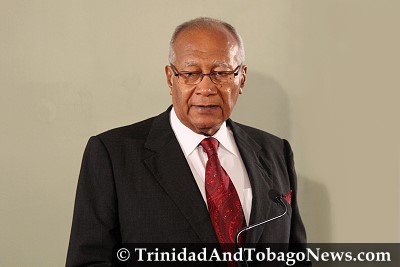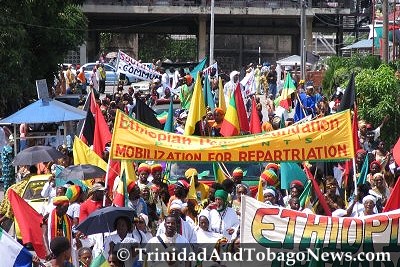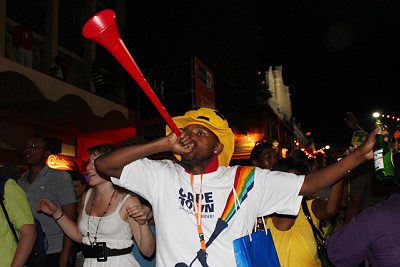By Ras Tyehimba
December 09, 2009
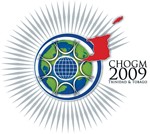 Trinidad and Tobago recently hosted the Commonwealth Heads of Government Meeting (CHOGM) 2009 under the theme “partnering for a more equitable and sustainable future”. Fifty-three leaders of countries, formerly direct colonies, gathered in Port of Spain, under the symbolic leadership of Queen Elizabeth II. The general responses to the Summit have been quite unsatisfactory, especially in terms of the lack of critical perspectives and understanding of the operations of the Commonwealth organisation and our own government’s participation in this. The shallow mainstream media reporting and discouragement of perspectives and activities that may “embarrass the government” has meant that people of the so-called Commonwealth, in countries across the world, have been locked into the agendas of Imperial countries. By looking at the Commonwealth of Nations from a historical perspective, there can be greater awareness of how various hierarchies and systems of control have evolved from the period of direct colonialism to the present.
Trinidad and Tobago recently hosted the Commonwealth Heads of Government Meeting (CHOGM) 2009 under the theme “partnering for a more equitable and sustainable future”. Fifty-three leaders of countries, formerly direct colonies, gathered in Port of Spain, under the symbolic leadership of Queen Elizabeth II. The general responses to the Summit have been quite unsatisfactory, especially in terms of the lack of critical perspectives and understanding of the operations of the Commonwealth organisation and our own government’s participation in this. The shallow mainstream media reporting and discouragement of perspectives and activities that may “embarrass the government” has meant that people of the so-called Commonwealth, in countries across the world, have been locked into the agendas of Imperial countries. By looking at the Commonwealth of Nations from a historical perspective, there can be greater awareness of how various hierarchies and systems of control have evolved from the period of direct colonialism to the present.
Continue reading CHOGM’s Shameful Legacy →
 I always believe that the demise of the Grenada Revolution occurred because of the hotheadedness of forty-year olds who had little knowledge of the world and people. They knew theory aplenty but were not seasoned by common sense and wisdom that only comes with age. One is seeing a similar tendency in the UNC-led coalition called the People’s Partnership.
I always believe that the demise of the Grenada Revolution occurred because of the hotheadedness of forty-year olds who had little knowledge of the world and people. They knew theory aplenty but were not seasoned by common sense and wisdom that only comes with age. One is seeing a similar tendency in the UNC-led coalition called the People’s Partnership.
